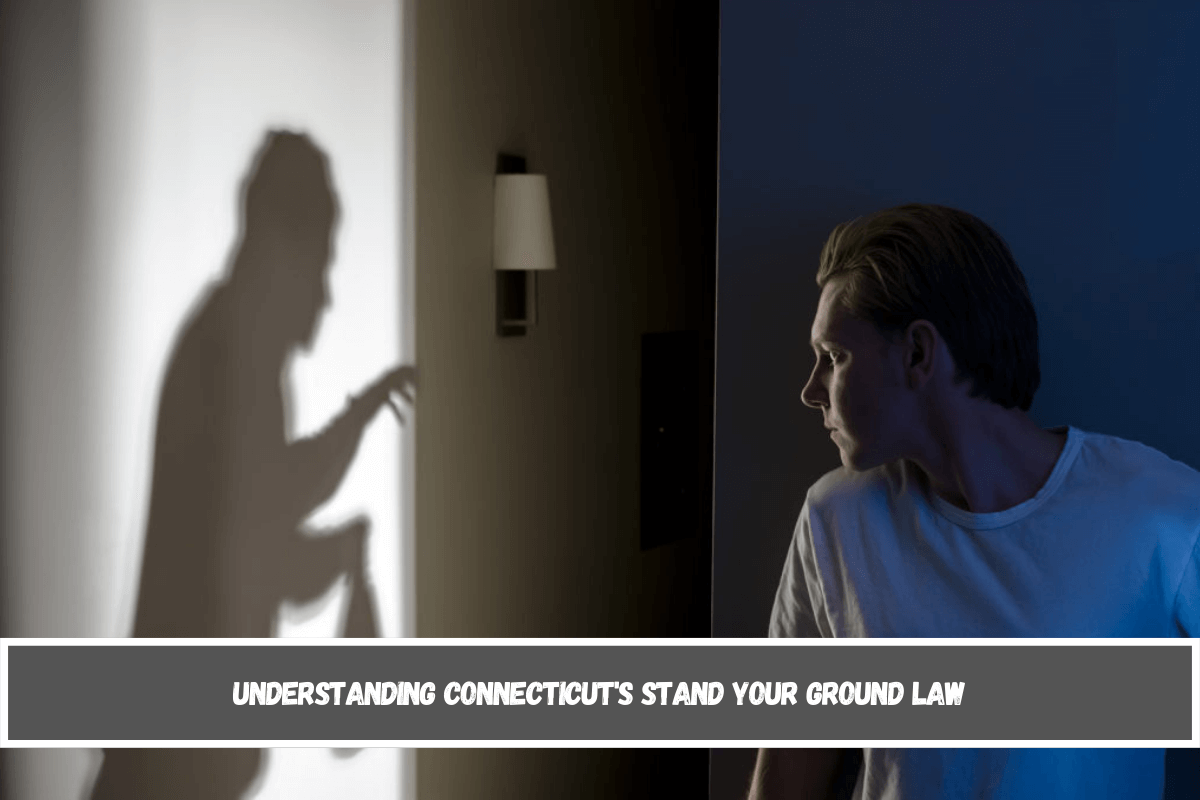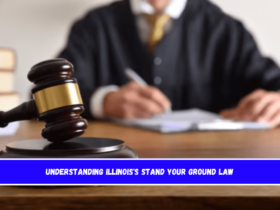Self-defense laws are complex and vary by state. Understanding these rules is critical for everyone who may find themselves in a position where they must defend themselves or others.
Connecticut does not have a classic “stand your ground” law, so these statutes are very crucial to understand. In this essay, we will look at Connecticut’s self-defense framework, which includes the Castle Doctrine and the duty to retreat.
What is a Stand Your Ground Law?
- Stand your ground laws abolish the obligation to retreat before employing lethal action in self-defense when there is a reasonable threat of serious bodily damage or death.
- These laws expand self-defense rights beyond the home, permitting individuals to confront force with force, even in public settings, if they have a reasonable belief of impending danger.
Connecticut: No Stand Your Ground Law
- Connecticut does not have a stand-your-ground statute.
- This indicates that, in most cases, an individual must retire if it is safe to do so before using lethal force.
The Duty to Retreat
- Connecticut law generally demands retreat in public places if it can be done safely.
- The logic is that taking a human life should be a last choice when other viable options for escaping danger available.
- The use of lethal force is only justified if an individual reasonably feels they are in imminent danger of death or serious bodily harm and retreat is not a viable option.
The Castle Doctrine
- The Castle Doctrine is an exception to the requirement to retreat in Connecticut.
- Under the Castle Doctrine, a person is deemed justified in using deadly force against someone who is unlawfully invading their house or dwelling if they reasonably feel it is essential to prevent an impending threat.
- The fundamental premise is that your home is your castle, and you are not required to flee if confronted with an unlawful intruder posing an obvious threat.
Self-Defense Justifications in Connecticut
Connecticut recognizes various situations where the use of force in self-defense may be justified:
- Defense of Self: You may use reasonable force to defend oneself if you reasonably believe it is necessary to prevent impending damage.
- Defense of Others: You can also defend another individual if you fear they are in imminent danger.
- Defense of Property: You may use reasonable force to protect your property from theft or damage, but not lethal force, unless there is a risk of bodily harm.
Limitations and Considerations
- Proportionality of Force: Force must be proportional to the perceived threat. In general, deadly force is only justified when protecting from fatal force or significant injury.
- Imminent Threat: The danger must be imminent, rather than a prospective threat in the future.
- Reasonable Belief: The focus is on your reasonable beliefs at the moment, even if they are later proven inaccurate.
- Initial Aggressor: You normally cannot claim self-defense if you initiated the confrontation.
When in Doubt: Importance of Legal Counsel
Self-defense situations are highly stressful and the law is complex. If you are involved in an incident where you used force to defend yourself:
- Ensure Safety: Prioritize the safety of yourself and others.
- Seek Medical Attention: Get treatment for any injuries.
- Contact Law Enforcement: Explain what happened as truthfully as possible, but avoid making extensive remarks unless you have an attorney present.
- Consult an Attorney: A criminal defense lawyer can help you understand your legal rights, options, and how to navigate the judicial system.
Conclusion
Understanding Connecticut’s self-defense laws, especially the absence of a stand-your-ground law, is critical for safeguarding your rights and avoiding any legal consequences. Remember that Connecticut stresses retreat when safe, and the Castle Doctrine allows an exception within your home. If you are unsure about a particular issue, please consult a knowledgeable attorney.











Leave a Reply